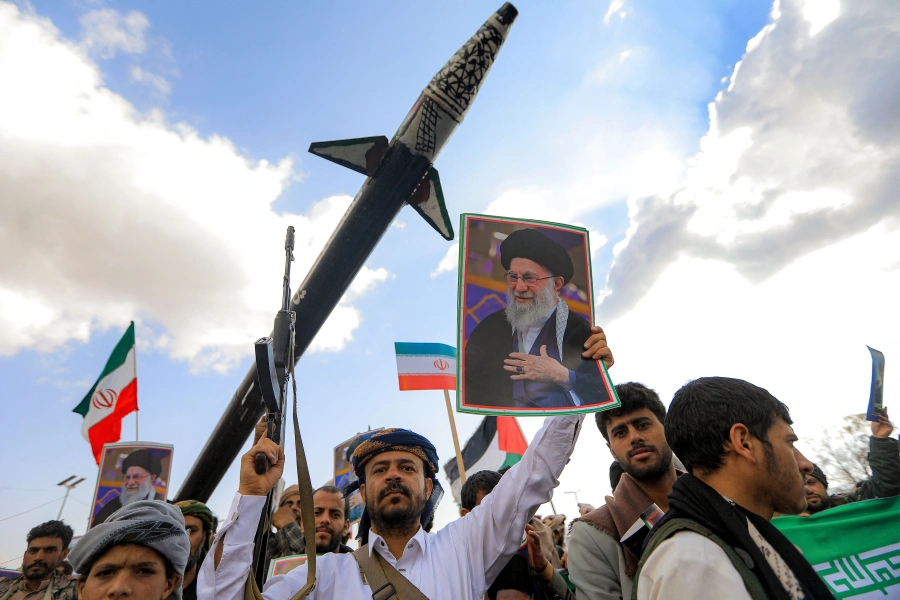KATHMANDU, Dec 13: Kathmandu Metropolitan City (KMC) has unveiled plans to build 264 new bus stops as part of a broader effort to enhance the city's transportation infrastructure. The metropolis aims to organize bus routes, expand pelican crossing lights, regulate one-way roads, establish standards for motorcycle garages, manage road cones and dividers, oversee petrol pumps, and optimize road signs.
In a recent interaction between KMC and the Traffic Police, held on Wednesday at the metropolis office to commemorate the 29th Metropolitan Day 2080 BS, officials disclosed key initiatives. The metropolis will conduct awareness programs covering topics such as transporting daily necessities, regulating freight vehicles, coordinating school bus schedules, managing parking, and refining the school transport system.
e-Rickshaws on verge of displacement in Jhapa

During the event, Basanta Adhikari, Chief Administrative Officer of KMC, announced the successful convening of the first meeting of the Federal Capital Urban Area Public Transport Council, emphasizing increased collaboration with relevant offices. Adhikari declared a comprehensive ban on auto-rickshaws, e-rickshaws, and handcarts within Kathmandu.
Addressing the gathering, Additional Inspector General of Police Poshraj Pokharel highlighted the potential for improvement through enhanced cooperation between law enforcement agencies and the metropolis. Pokharel proposed operating the Bagmati, Bishnumati, Dhobikhola, and Manohara corridors bidirectionally to alleviate traffic congestion, emphasizing the crucial role of KMC in this initiative.
Jagatman Shrestha, a traffic expert consultant for KMC, stressed the urgency of initiating immediate action to rectify road signs for an effective transport system. The current fiscal year has allocated Rs 440 million for transportation sector improvements, indicating a commitment to addressing the pressing needs of Kathmandu's evolving transportation landscape.







































